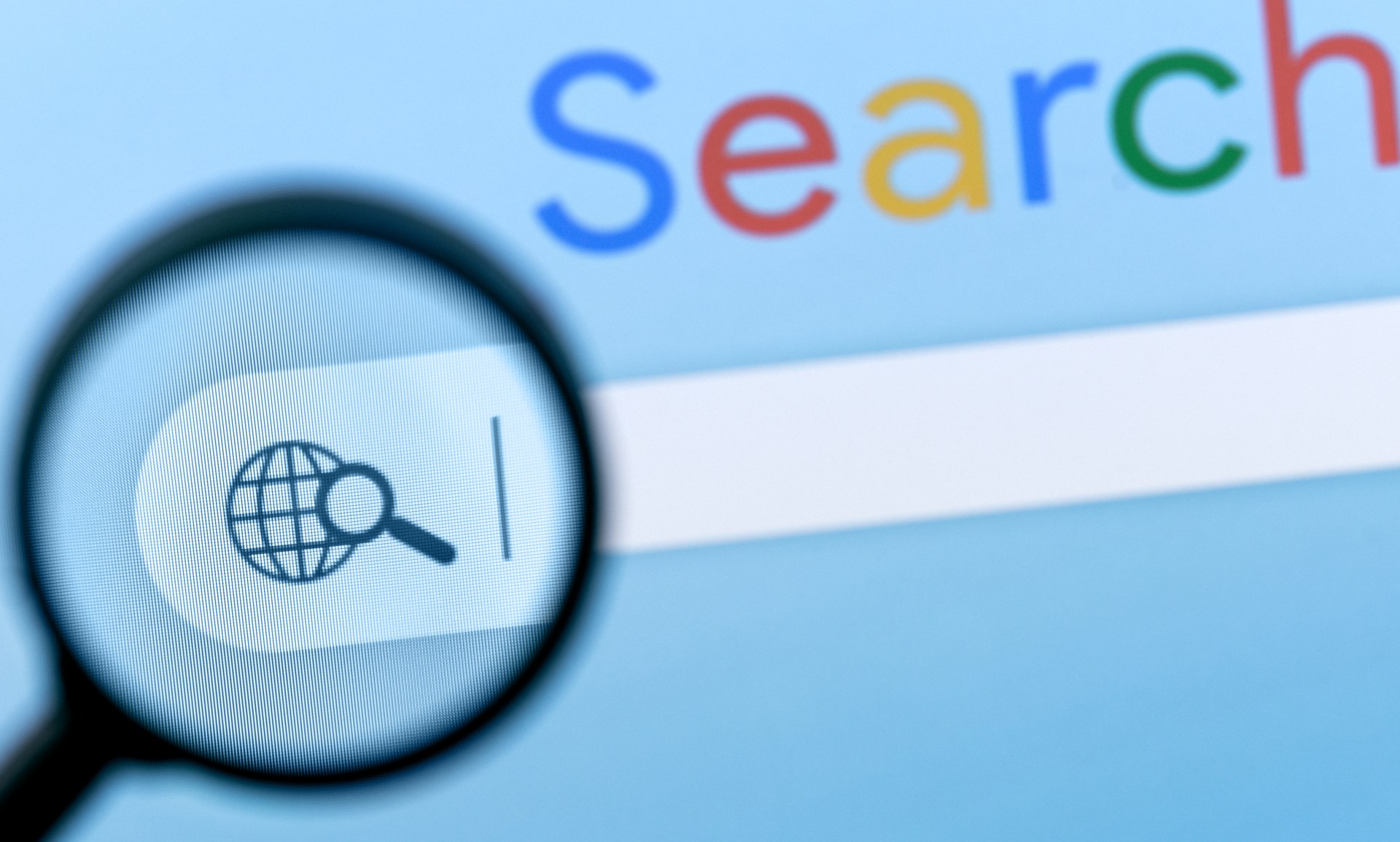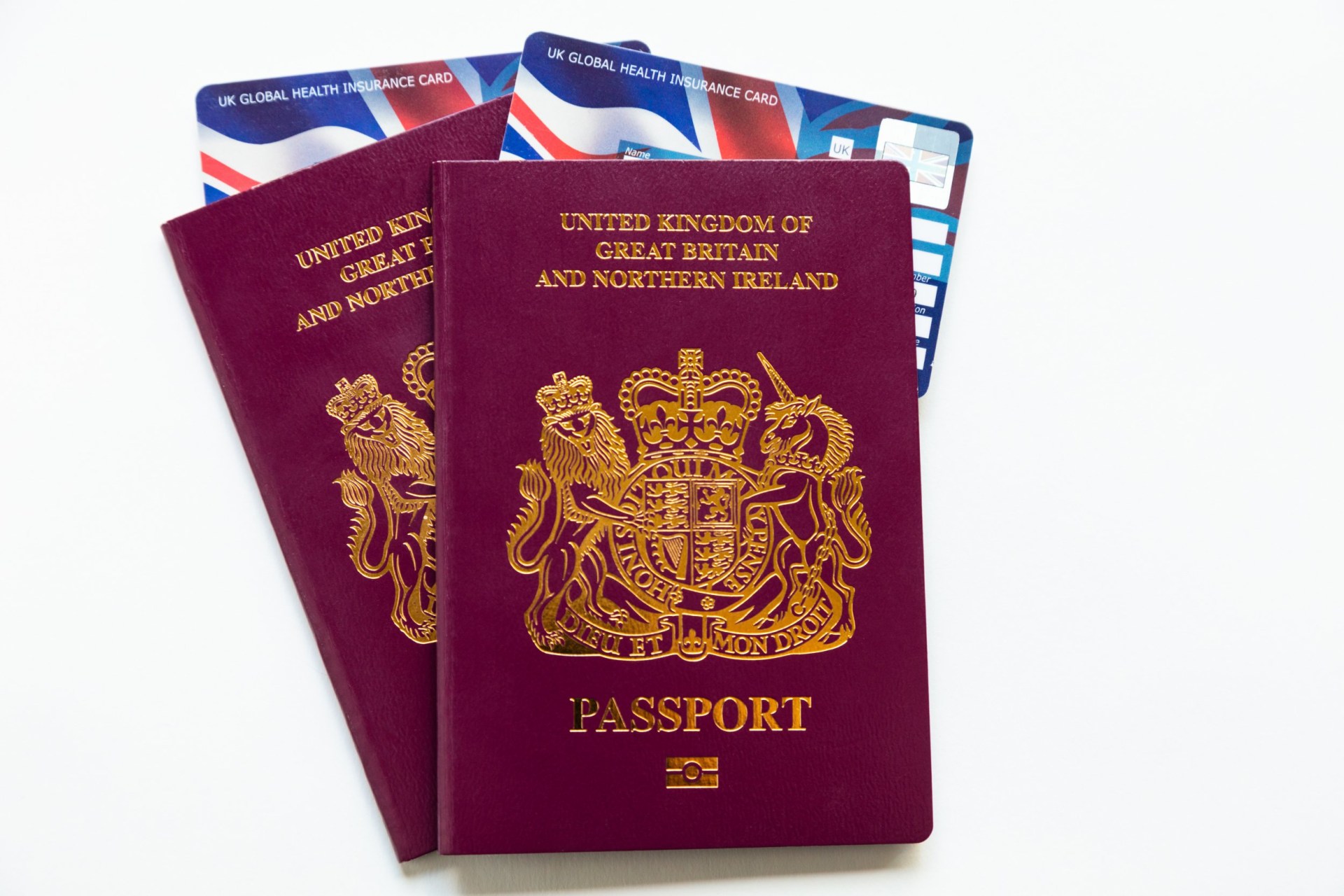Tricked by a Deceptive Copycat Website: The Top Google Result Lured Me In

A nearby property Recently, they proposed converting a commercial property into apartments just a short distance away from our house, which we're not particularly fond of.
In objecting, I decided to review our deeds. Since we relocated, we hadn't received them, so I went onto Google to find out if I could obtain them through the Land Registry.
At the very beginning of the search results was Land Registry UK. I clicked on it and found several choices available – individual access to either the title register or the title plan for £24.95 each, or you could get both together for £44.95.
Feeling uncertain whether I needed one or both, I decided to do some research first. The subsequent search led me to the gov.uk site, where I also learned how to obtain copies of our deeds for merely £7 each.
I had nearly been deceived by a typical pitfall associated with search engines. The initial webpage I landed on seemed credible and was named "Land Registry UK," which sounded authentic. Given my intention to access the actual UK Land Registry website, this appeared correct at first glance.
However, I nearly ended up giving money to an intermediary site that would have just served as a go-between and charged me for this service. The site appeared at the top of the Google search results since it had paid to be featured there.

Reviewing the search results again, we see sponsored listings from HM Land Registry and Land Registry Online, which both offer services at higher costs. Below these promoted spots, you'll find the genuine—and more affordable—official government pages. While it may seem deceptive, legally speaking, such websites aren’t breaking any rules as long as individuals choose to use their pricier options.
However, by selecting URLs designed to mimic the genuine Land Registry site, it’s clearly intended to deceive individuals who might not be familiar with their search criteria or those who lack the time to scrutinize the fine details on the pages.
It’d be hard to argue that people landing on these websites don’t believe it’s the official Land Registry service.
That isn’t the sole instance. When traveling to Europe for either vacation or professional purposes, ensure you have a GHI (Global Health Insurance Card) , along with your travel insurance .

After Brexit, this card took over from the EHIC, ensuring you receive medical care at the same price as locals when traveling in certain countries. The card is provided for free through the NHS website and is straightforward to obtain. However, throughout its existence, there has been an ongoing issue with unscrupulous intermediaries advertising sites that claim they will provide the card for a fee of £20.
It appears that Google has stepped in to prohibit these deceptive advertisements, along with comparable ones promoting government services like passport renewals. However, this does not prevent other sites and social platforms from continuing to display them.
Don't be fooled by fake debt relief offers.
Advice on managing debt is another field crowded with imitation websites. When searching for independent and free organizations like StepChange and National Debtline, the highest-ranked paid listings often appear under names similar to The Debt Advisory Service or National Debt Help.
Previously, I've come across some very similar ones in terms of naming, often accompanied by websites crafted to mimic legitimate sites. Individuals who clicked on these impostors could end up paying for debt assistance and possibly receiving incorrect guidance.
Sadly, the number of these debt relief pretenders forces legitimate sites also to pay to appear in the sponsored section, knowing that many users won’t scroll down past the ads – costing money that charities could use to help those in need.
I'm certain that numerous other services deserve to be offered for free or at minimal cost but fall victim to comparable practices. Therefore, what actions can one take against this?
Be vigilant
Staying alert is crucial. Make sure to notice whether the search results or ads are marked as 'sponsored'. This might indeed lead you to the genuine company you're looking for, but it serves as a caution to verify that it isn’t a counterfeit entity.
If you're required to pay for something official, ensure you've doubled, if not triple-checked, that you're on the correct site and that a less expensive, or even free, option isn't accessible elsewhere.
Follow the award-winning blogger, podcaster, and cryptocurrency expert Andy Webb on Instagram and YouTube or visit becleverwithyourcash.com .
Sign up to Cryptonesia's The Slice newsletter for your guide to what's on in London, with trusted reviews, offers and giveaways.
0 Response to "Tricked by a Deceptive Copycat Website: The Top Google Result Lured Me In"
Post a Comment